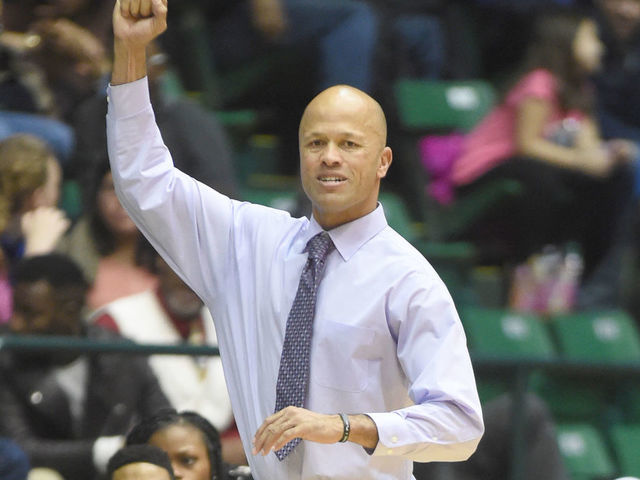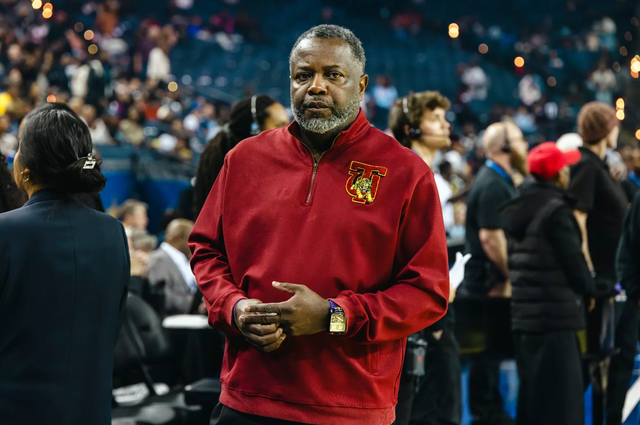Unfortunately, many people fall prey to some of these urban myths.
Here’s more from The Huffington Post:
The argument that we no longer need historically black colleges and universities is beyond tired and played out.
For decades, those with little-to-no knowledge about these institutions have received misinformation thanks to stereotypes. Most recently, for instance, Wendy Williams got schooled by Roland Martin (and apologized) for calling HBCUs offensive to white students.
It’s been said that colleges like Hampton University, Spelman College and North Carolina A&T promote racism (no), provide an inadequate education (still no), aren’t diverse (nope) and other fallacies for years.
The only way to correct misinformation is with receipts. With the help of Howard University professor and historian Edna Medford, we’re here to clear up some of the most egregious misconceptions. Grab a pen and take notes because class is in session.
1. HBCUs are racist.
To call the existence of HBCUs racist is to ignore the foundation on which they were built. Black people have long faced barriers to acquiring an education. Medford explained that HBCUs were therefore built to combat racist laws that disenfranchised black students.
“I think what we need to remember is that HBCUs were there for people of color when we were not wanted in predominantly white institutions. When we were denied access to those institutions, HBCUs were here for use,” Medford told The Huffington Post. “So education means so much to us and higher education becomes significant because we understand that we’re not going to be able to enter the mainstream society unless we can compete on that level.”
Medford also pointed out that just because these schools are predominantly black doesn’t mean they promote segregation. These institutions have never in their nearly 180 years of existence said that only black people are allowed to attend black colleges, she said.
In fact, HBCU students have worked tirelessly to end segregation and racism. For instance, Thurgood Marshall studied under Charles Hamilton Houston at Howard School of Law. He later became a Supreme Court Justice and faved the way for the landmark ruling of “separate but equal” in the 1954 case, Brown v. Board of Education.
2. HBCUs offer an inadequate education.
The abundance of black excellence at HBCUs isn’t by coincidence. For the first time in many of these students’ lives, they see a reflection of themselves in textbooks that goes beyond just civil rights. To mistake a curriculum that focuses on black history and culture as inadequate is a notion rooted in white supremacy.
“It doesn’t mean that we ignore the larger education, it’s just that we make a point of incorporating ourselves as well,” Medford said. “So we’re no longer at the periphery. And I think that is so important to training young minds because if we don’t know who we are, how are we going to go out into the world and really make a difference. I think HBCUs do that better than any other place.”
Head over to The Huffington Post to read more.



